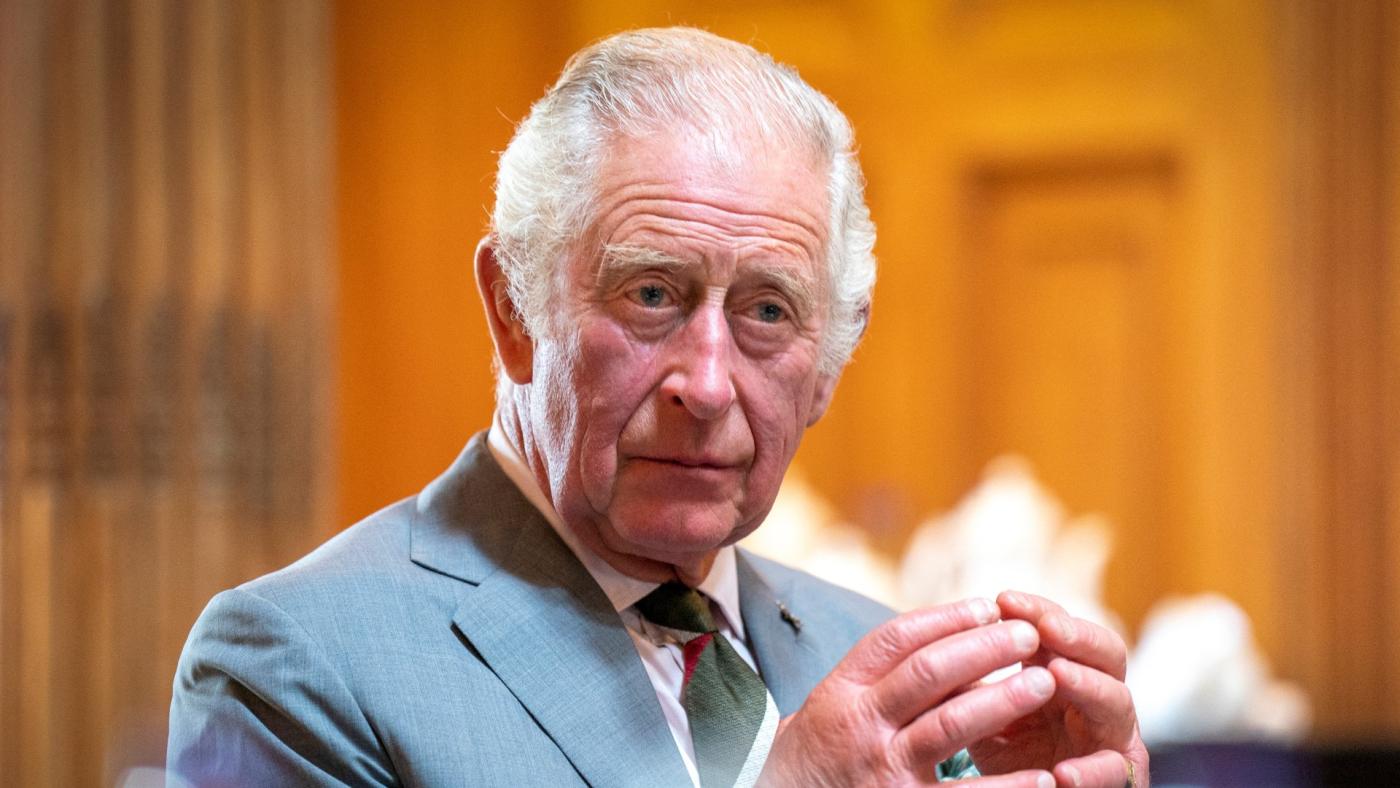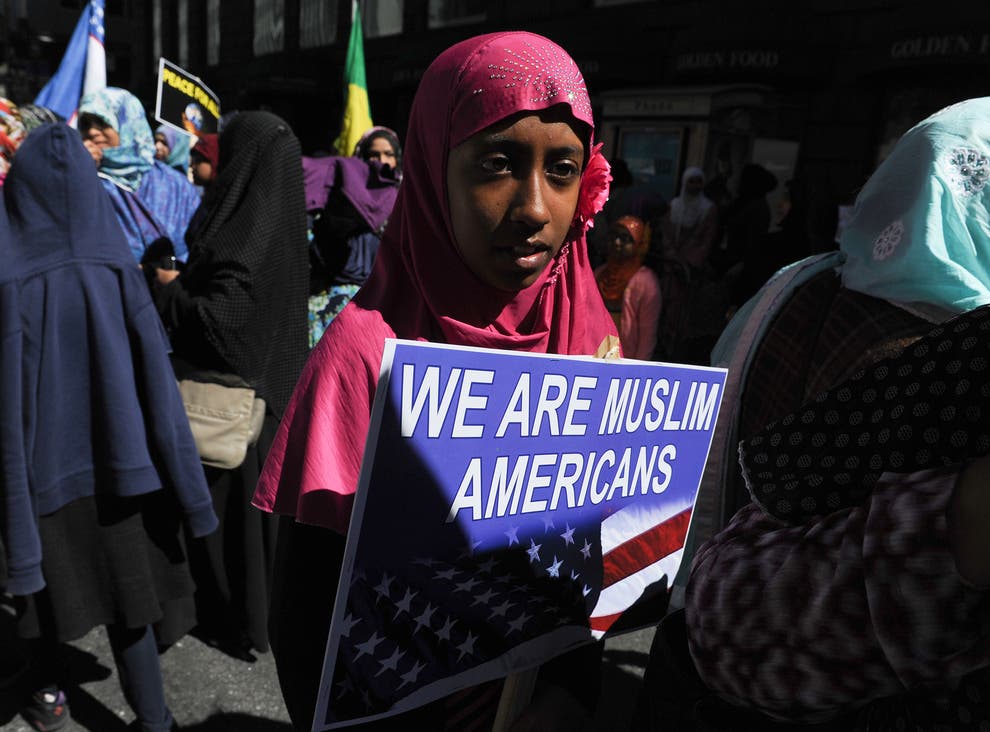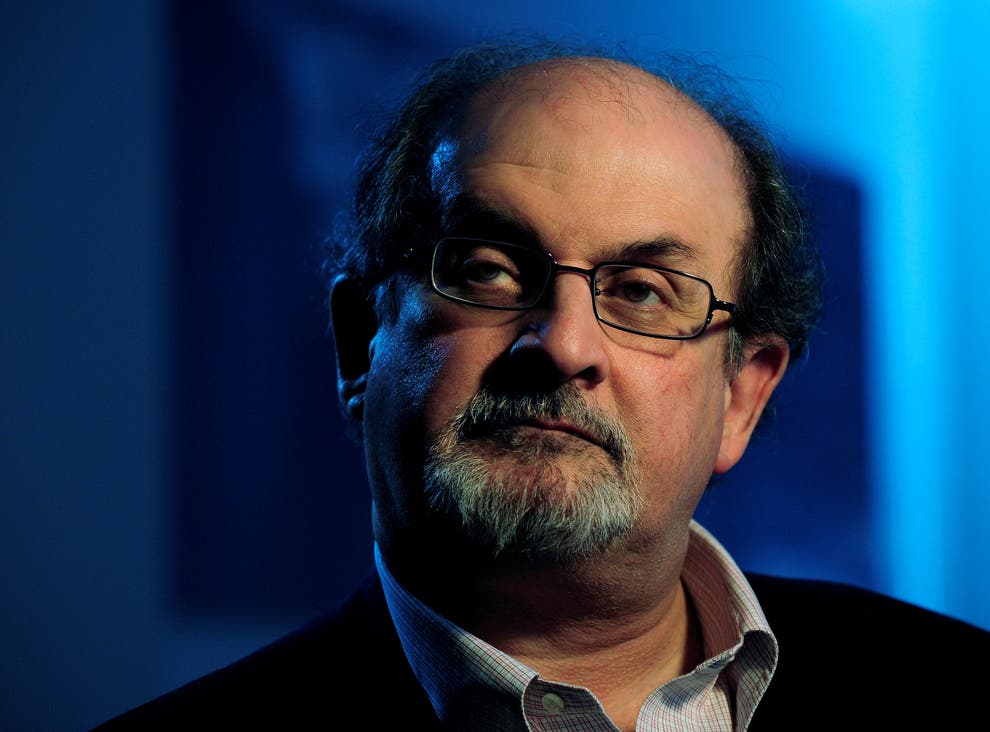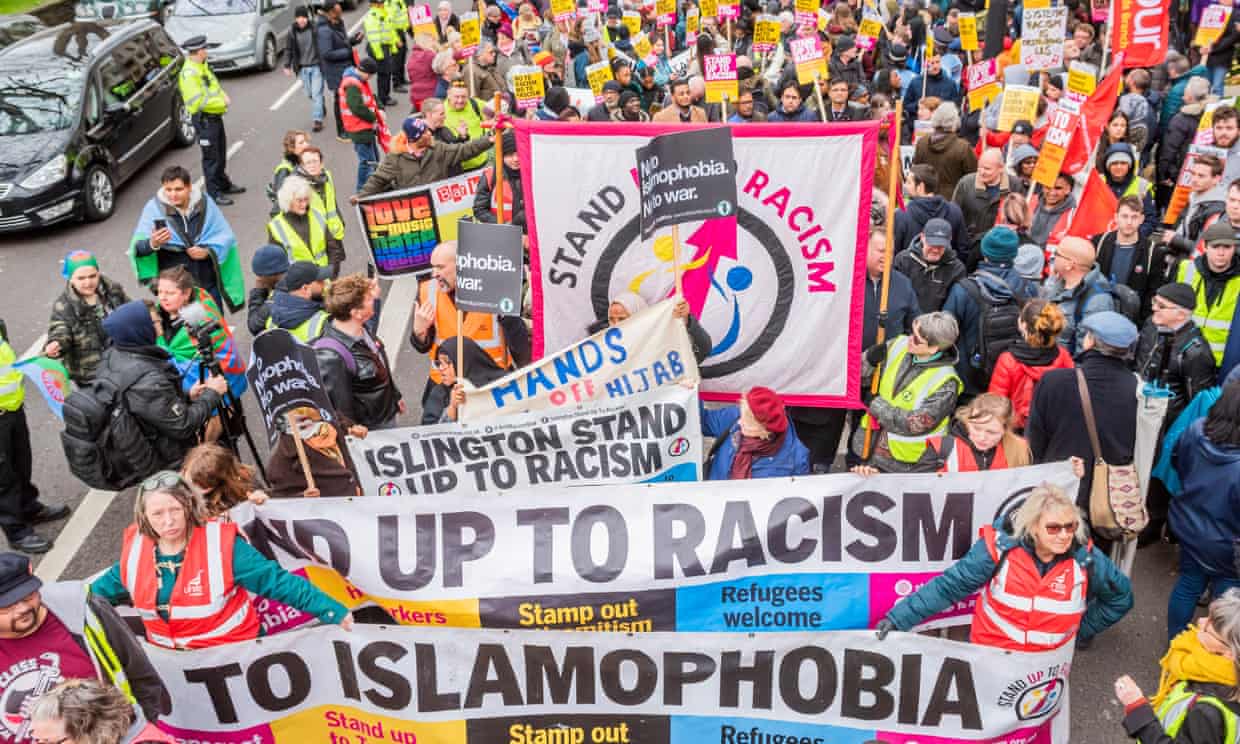For years, Steve Messeh watched his small Egyptian American Coptic Christian community remain splintered in a jumble of weak advocacy groups. But now, since the violent ouster of President Mohamed Morsi, the young Virginia financial analyst is seeing something new: an effort toward real influence.
Messeh belongs to Coptic Solidarity, which on Thursday pulled together perhaps the largest local Egyptian American effort in memory. About 500 people gathered at the White House and outside several media organizations (including at The Washington Post’s building in Northwest) to voice their support for the military’s removal of Morsi in June. Like-minded Copts who Messeh knows are lobbying Capitol Hill policymakers on the topic this month, and a contingent from political parties was in town this week in a drive to mold the Egyptian Americans who supported the coup into a more unified, effective voice.
The same burst of organizing is happening among Egyptian Americans who oppose the military’s removal of Morsi, who was democratically elected. New groups have popped up since Morsi’s overthrow, including Egyptian Americans for Democracy and Human Rights, which is focused on the hundreds of civilians killed by the military in recent weeks.
But if the sudden activism this summer among Egyptian Americans, who for decades during the rule of Hosni Mubarak tended to be largely quiet, has solidified and motivated the two camps, it has also embittered them, activists and experts say. People’s positions have become hardened, and Egypt’s politics have become too fraught to discuss among friends and even family.
“There is an extremely deep polarization going on among Egyptian Americans,” commented Dalia Mogahed, a Washington-based native of Egypt who is the co-author of “Who Speaks for Islam?” and is a consultant to Muslim groups.
Ahmed Ghanim sees the same energy, but from the other side. The Michigan-based activist, who has 35,000 Facebook followers for his Egypt updates, is working with Egyptian Americans who oppose the coup. He’s now working with groups starting in Michigan and Texas.
“Even if we didn’t agree with Morsi, it’s a black comedy when you see an elected president in prison and Mubarak going free,” he said.
The new activism is tempered by the polarization, he said.
The revolution created a lot of Egyptian American interest in Egypt.
“Now everyone is accusing one another of being for or against democracy, or for or against revolution.”






